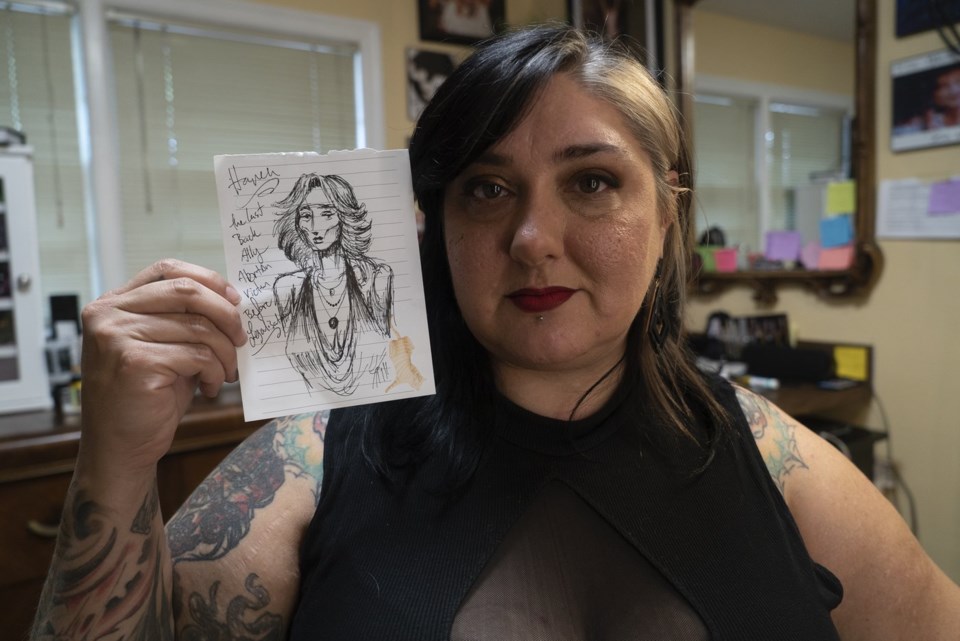WINSTON-SALEM, N.C. (AP) — The TikTok videos haunt 26-year-old Christy Kishbaugh.
One seared into her memory shows a young mom talking about how several Idaho emergency rooms rejected her because of the state's abortion ban, leaving her to bleed for weeks after a miscarriage. Kishbaugh sends videos like that to friends, saying “Can you believe this?” She can’t. In a hushed voice near a popular park, the married suburbanite worried about her own future under the new patchwork of state laws that have prevented thousands of women across the country from having abortions.
“Thinking ahead, if anything were to go wrong,” Kishbaugh nearly whispered, iced coffee in hand. “The idea that myself, my friends, people close to me, that they could potentially die or never have kids or lose a child because they’re not getting access to the health care they need, that really dwells with me.” Two years after the U.
S. Supreme Court overturned Roe v. Wade , the tensions over abortion have only intensified, setting up the presidential election as a referendum on fundamental rights for tens of millions of women.
Republicans have long relied on deep support from white women in states such as Georgia, Florida and Texas who back them at higher levels compared to white women nationwide, data from AP VoteCast , a sweeping survey of the electorate, show. But in a battleground state like North Carolina, where Donald Trump won 60% of the vote of white women in 2020, their allegiance coul.


















